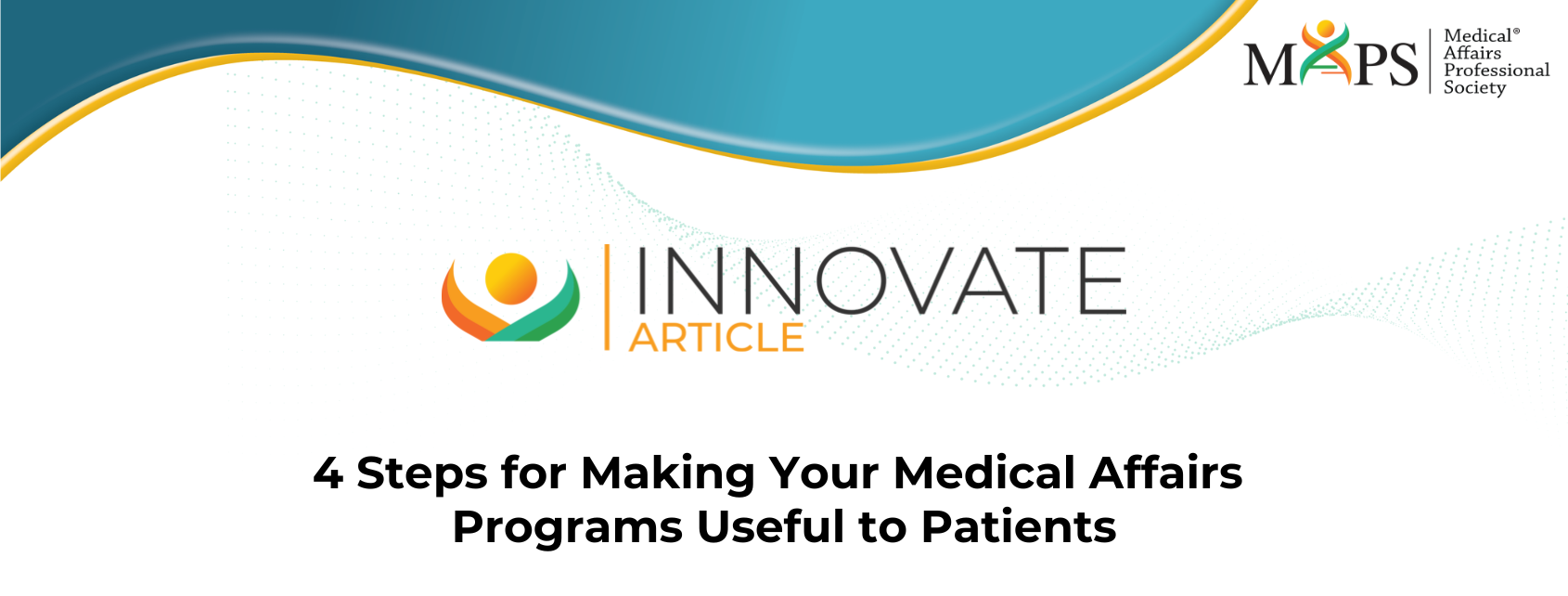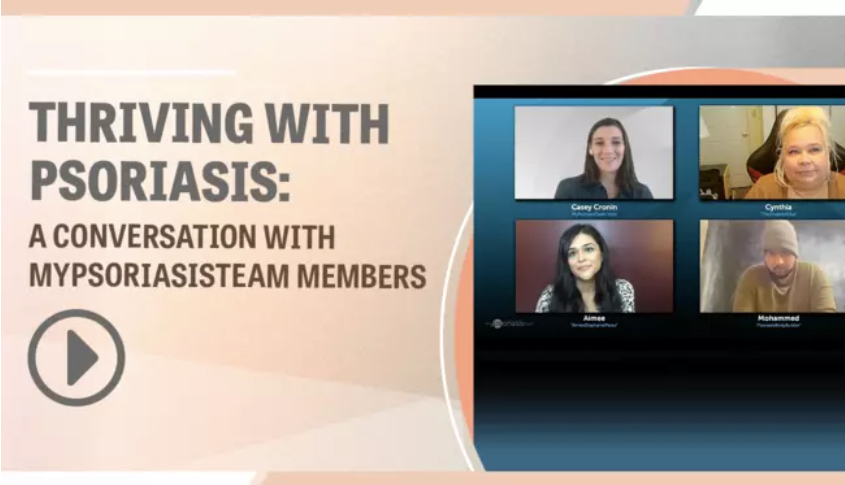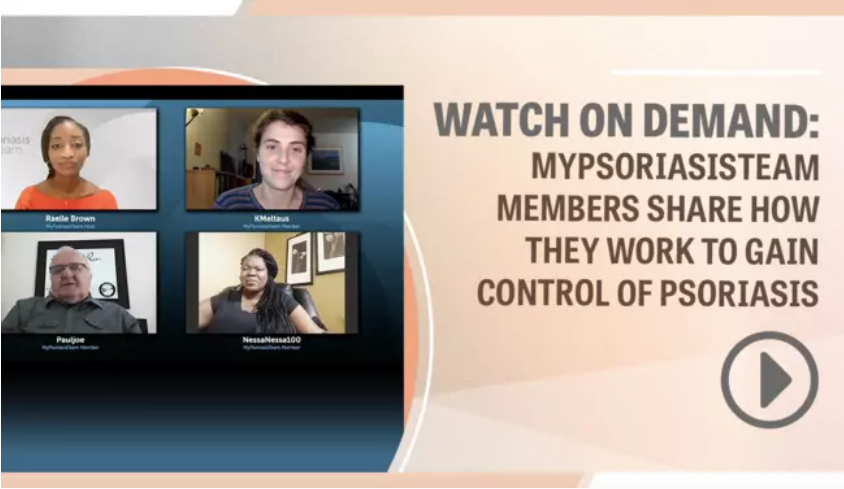4 Steps for Making Your Medical Affairs Programs Useful to Patients
A Framework for Relationship Success
By Eric Peacock
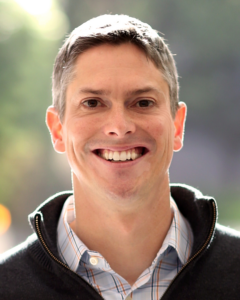
Eric Peacock
Our Medical Affairs partners often ask how we at MyHealthTeam have successfully cultivated lasting, engaged relationships with millions of people living with chronic diseases. Over the past 10 years of building 43 condition-specific patient social networks and reaching over 10 million patients, we’ve developed a proven framework that we rely on. I share it below, along with three case studies we’ve done with your colleagues, hoping that you will use it to improve the success of your Medical Affairs programs.
Our four-part formula for relationship success – LPSL:
- Listen with empathy
- Identify the pressing Problem
- Provide a Solution to that pressing problem
- Communicate that solution using their Language
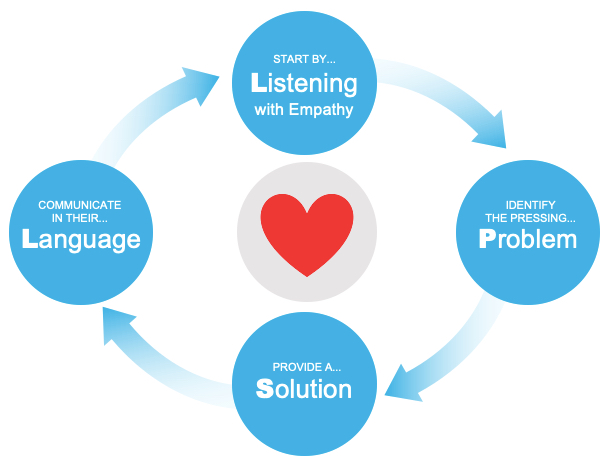
Sounds super easy right? Well here are the four traps most medical affairs groups fall into that make their programs fail even when they think they are following these steps:
- They listen only to KOLs and don’t go directly to patients to understand the problems to solve and as such…
- They miss out in identifying the pressing problem from the patient’s point of view, leading them to waste time
- Providing a solution that patients don’t really prioritize or if they do the solution…
- Is communicated in medical speak, not layman language that patients actually use
Here are some case studies that were really successful.
Example:
14 Days to Feel Better with RA – Take the Challenge, in partnership with AbbVie
Living with rheumatoid arthritis (RA) takes a wide-ranging toll on quality of life for many people living with RA. A survey completed by 374 members of myRAteam, our social network for people diagnosed with RA, revealed that 88% find it difficult to do everyday activities, 84% find it difficult to exercise with RA, and 78% say RA has a negative impact on their social life.
Conversations among the more than 190,000 registered members of myRAteam underscore that many people living with RA want to overcome these obstacles – but they’re not sure what lifestyle changes will make an impact, and they don’t know how to start developing new habits.
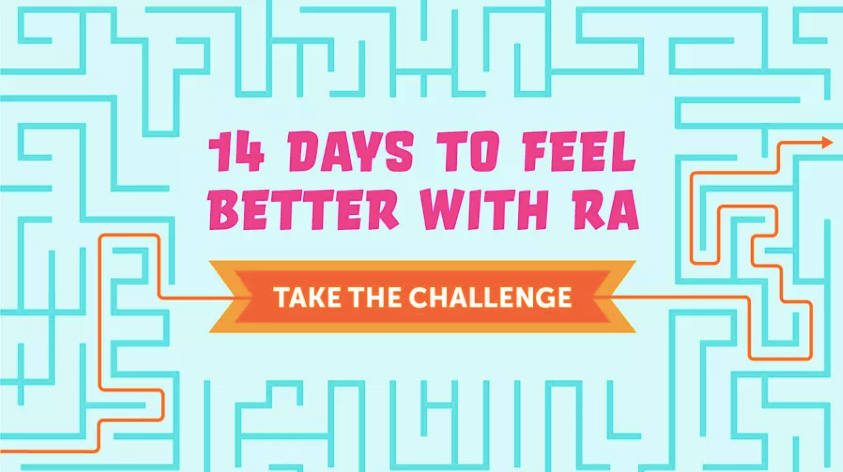
In this context, AbbVie US Medical Affairs and myRAteam partnered on an unbranded patient education program designed to empower people living with RA to better manage their health and wellbeing via a 14-day challenge. Deeply integrated into the myRAteam experience, the “14 Days to Feel Better with RA: Take the Challenge” resource center provides medically reviewed actionable information that inspires members to try something new today, which can lead to better health outcomes over the long-term. There are three areas of focus: healthier eating habits, movement and exercise, and stress management.
Results
The response to the “14 Days to Feel Better With RA: Take the Challenge” resource center has been overwhelmingly positive among members of myRAteam. The expert medical guidance translated into easy-to-try tips is empowering people to start new habits. In a poll of people who’ve engaged with the resource center, 88% said they “found these articles helpful.” And 63% reported they are “very likely to change a habit.”
Example:
HS Resource Center, in partnership with UCB
Hidradenitis Suppurativa (HS) is an immunological skin disease that is painful, can be debilitating, and often causes considerable psychological distress. Delayed diagnosis is common, which can negatively impact both disease progression and its wide-ranging impacts – on mental health, interpersonal relationships, education, work and more. In a survey among 221 members of myHSteam, our social network for people diagnosed with HS, 90% of respondents said they are “uncomfortable with the idea of intimacy.” 88% said they feel “stressed, anxious or depressed.” And 77% reported that the disease “makes it hard to do everyday activities.”
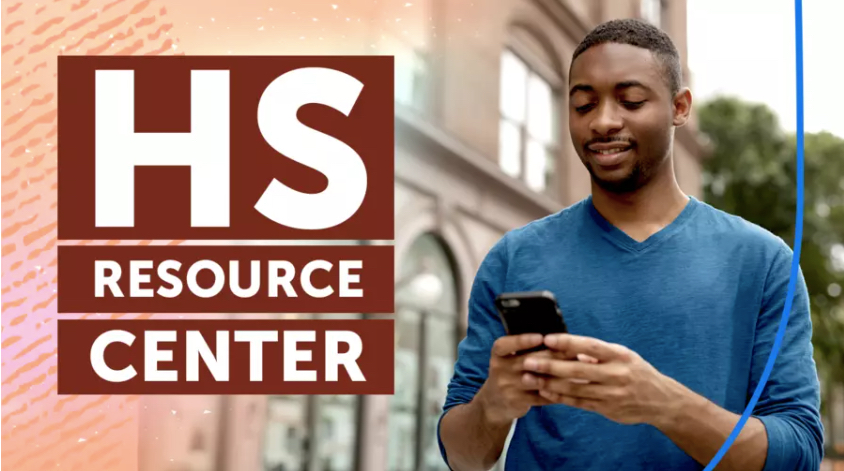
What’s more, delayed diagnosis is common, as the disease can look different at various stages and on different skin tones. People living with the disease and trying to understand what’s “normal” on their skin are often left with more questions than answers. And, for some, it’s difficult to have open, honest conversations with their doctors about these uncomfortable personal issues.
To address some of these questions and empower people living with HS to have more effective conversations with their doctors about their symptoms and treatment options, myHSteam and UCB launched the HS Resource Center – deeply integrated within the myHSteam experience. Throughout the medically reviewed content, we integrated real pictures of what HS looks like on different body parts and skin tones at different stages – creating a more inclusive experience and debunking some common misconceptions about HS.
Results
The impact is significant, with more than 100,000 unique pageviews and 72% of those who’ve engaged with the resource center reporting they “plan to talk with a doctor” after reading these articles.
Example:
Living With Psoriasis, in partnership with AbbVie
1 in 2 people living with psoriasis or psoriatic arthritis feel “isolated and alone,” according to a survey of 235 members of MyPsoriasisTeam, our social network for people living with the conditions. 70% report they live with frequent, significant pain – which, in turn, makes it hard to do the things they want, impacting physical and mental wellbeing as well as personal relationships and career/education opportunities. From the outset, one of our focal points at MyHealthTeam has been to assure people facing chronic disease that they are not alone – connecting them with the people, information and support that helps them better manage their condition.
To this end, we teamed with AbbVie US Medical Affairs to launch the Living with Psoriasis Resource Center within MyPsoriasisTeam, featuring medically reviewed content that helps people gain control of the condition and overcome the social stigma. Two of the most popular pieces within the resource center are videos, available to watch on-demand, of panel discussions bringing together real members of the community to share their firsthand, real-world experiences of living with psoriasis and personal, practical tips for managing the condition:
Results
In the first 10 days alone, the videos drove a combined 5,000+ views – demonstrating the power of hearing from others facing similar challenges and knowing you are not alone.
In each of these examples, we started by listening with empathy to the members of our communities. That helped us identify the pressing problem, so that we and our partners could then develop a solution to address it. And every step of the way, we hold ourselves accountable to communicating in their language – providing accessible, actionable, condition-specific information and keeping an open dialog that brings the real-world patient voice to the forefront.
It’s a simple – but powerful – approach that can positively impact outcomes. Have you seen other frameworks for creating meaningful relationships with today’s health consumer? As always, I’d love to learn more about that and discuss ways we can all continue to improve the real-world experience of living with a chronic health condition.
About the Author
Eric Peacock is cofounder and CEO of MyHealthTeam, creator of 40+ social networks for people diagnosed with a chronic health condition.

